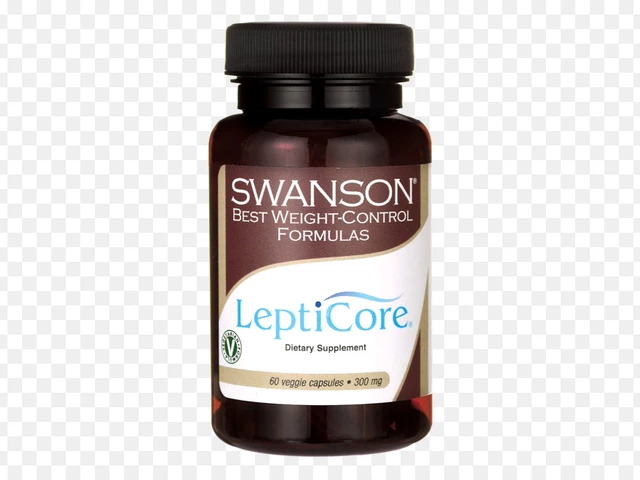Dietary supplements: pick smart, stay safe
Thinking about vitamins, herbs, or fish oil? Supplements can help fill gaps, boost energy, or support recovery — but they're not magic. This page helps you choose products that actually work, avoid common risks, and points to reliable posts on PrescriptionPoint.SU so you can read more on topics that matter.
How to pick safe supplements
Start with a real need. Ask: am I low on a nutrient, under medical care, or trying to relieve a specific symptom? If you can, get a blood test or ask your clinician. Next, check the label: ingredient amounts, serving size, and whether the company lists third-party testing like USP, NSF, or ConsumerLab. Those seals don’t guarantee miracle results, but they do make contamination or mislabeling less likely.
Watch for big claims. If a product promises to cure disease, burn fat overnight, or replace a prescription, walk away. Also compare the dose to recommended daily values — more isn’t always better. Keep an eye on the expiration date, storage instructions, and whether the supplement contains allergens like soy, shellfish, or gluten.
Common types and quick tips
Multivitamins: Good for small gaps, not a substitute for healthy food. Pick one that matches your age and sex. Vitamin D: Many people are low, especially in winter — a blood test helps. Omega-3 (fish oil): Useful for some heart and brain needs; check for purity and EPA/DHA amounts. Probiotics: Strain and CFU count matter — choose products with research-backed strains for your issue. Herbal supplements: Treat them like drugs; they can interact with medicines and vary in strength.
If you take prescription meds, double-check interactions. For example, some herbs affect blood thinners or antidepressants. Pregnant or breastfeeding? Talk to your doctor before starting anything. Kids and older adults need special dosing, so don’t copy adult labels for those groups.
Buying online? Use reputable pharmacies and stores. Look for clear contact info, return policies, and customer reviews. Avoid no-name sites selling prescription-only formulas without a prescription — that's risky. Read the related guides on this site for practical help: "How to Buy Motrin Online" for safe ordering tips, and "The Enchanting Health Benefits of Ostrich Fern" if you’re curious about a specific herbal option.
Track what you take. A simple list or app helps avoid doubling up on the same nutrient and makes it easier to spot side effects. Try one new supplement at a time for 4–8 weeks so you can judge if it helps. If you notice stomach upset, headaches, or unusual bleeding, stop and call your healthcare provider.
Want tailored ideas? Browse our tag posts on dietary supplements for product breakdowns, safety reviews, and real-user tips. Use them as a starting point — then check labels, check doses, and check with a clinician when needed.

Wine dietary supplements are gaining popularity for their potential health benefits. These supplements, often made from wine extracts like resveratrol, are known to offer cardiovascular support, antioxidant properties, and anti-aging effects. Unlike consuming wine itself, these supplements can provide these benefits without the alcohol intake. We'll explore how they work and what science says about them, offering valuable insights for those interested in enhancing their well-being through alternative nutritional approaches.
Continue Reading





